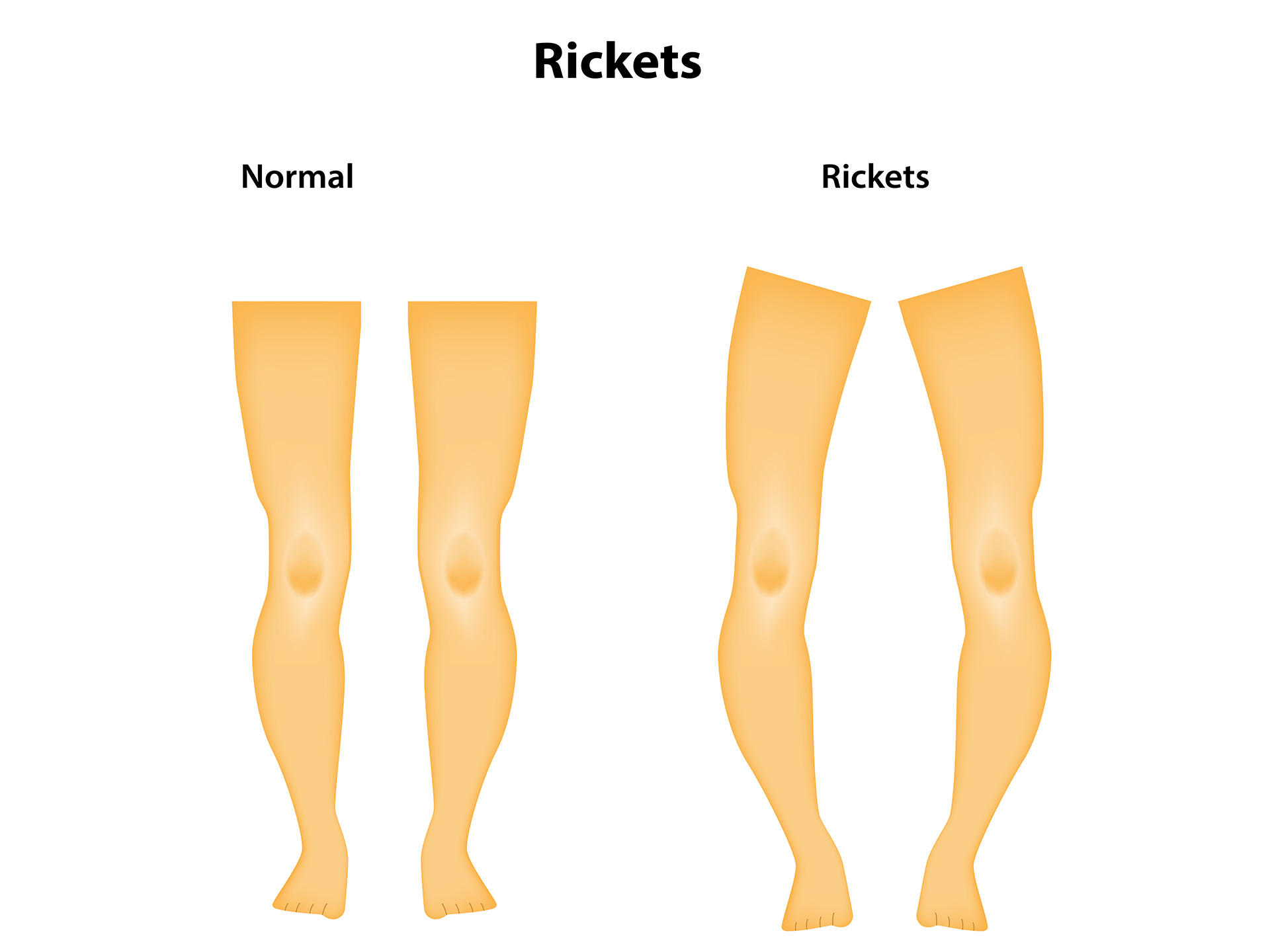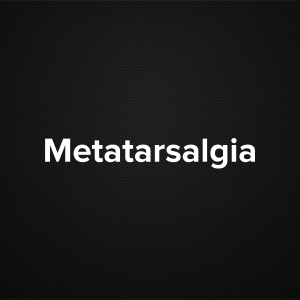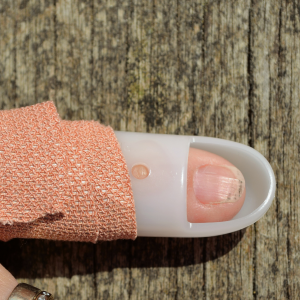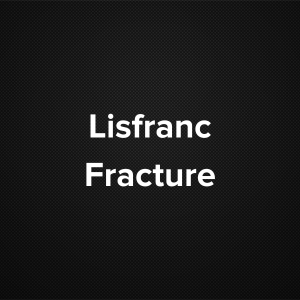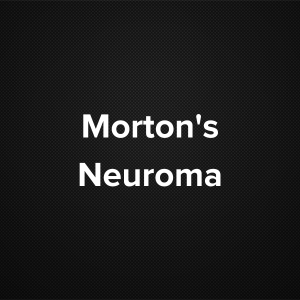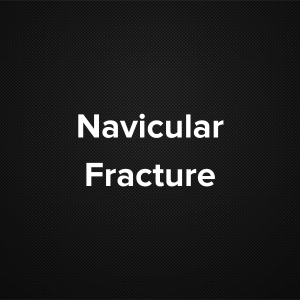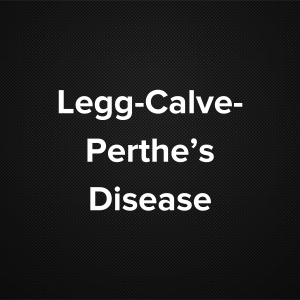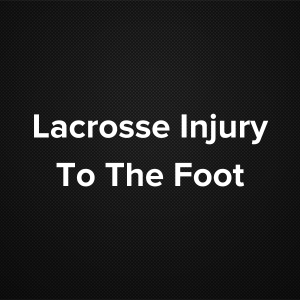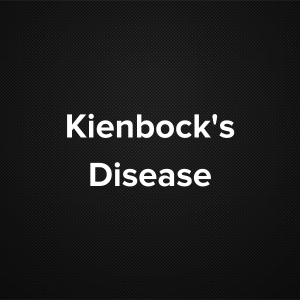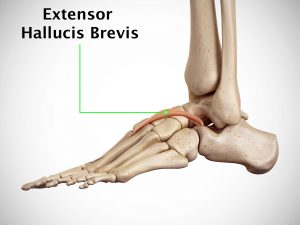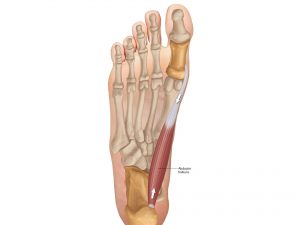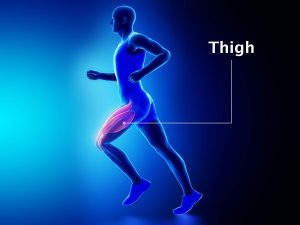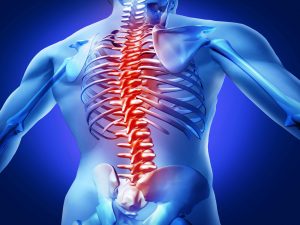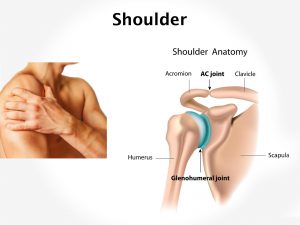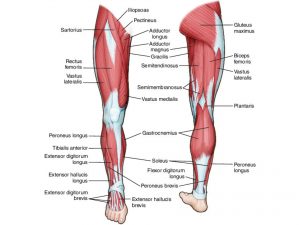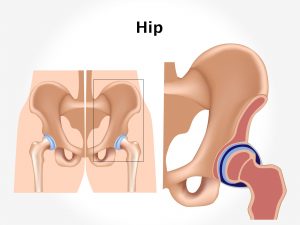Causes and risk factors
Vitamin D helps in absorption of calcium in the stomach. It is also needed for proper balance of calcium and phosphate levels during bone formation. It is manufactured in the skin with help of UV rays from sunlight. It is also absorbed from diet such as dairy products and fish. Causes of Rickets include deficiency due to lack of calcium or vitamin D in diet, due to malnourishment, impaired nourishment, malabsorption of calcium. Children eating vegetarian diet who are deprived of vitamin D, children from 6 to 24 months are prone to develop rickets. Lack of exposure to sunlight due to smog, living in areas where there is no sunlight can lead to the condition.
Clinical presentation
Signs and symptoms of rickets are delayed development, impaired growth, muscle weakness, muscle cramps. There are bone pains, widening of wrist and ankle bones, increase tendency for fractures. Skeletal deformities include bowed legs [valgus or varus deformities], bumps at the ends of ribs [rachitic rosary], and chest deformities [pigeon chest], spine deformities [kyphosis, scoliosis]. Patient also has dental deformities like dental carries, defective teeth formation. There is inability to move or perform regular activities. Low calcium levels in blood lead to arrhythmia and irregular heartbeats.
Investigation
Medical history by the patient and Clinical examination by the doctor helps in diagnosis. Blood tests should be conducted to determine the levels of vitamin D, calcium and phosphorus, creatinine, parathyroid hormones, electrolyte levels. Other tests such as alkaline phosphatase, urine calcium may be required. Imaging studies such as X-ray will show weakness, low density and cracks in the bones. Bone density is recommended. Bone biopsy is the most accurate measure to diagnose rickets.
Treatment
Treatment involves Oral supplements of vitamin D, calcium and phosphates. A diet rich in vitamin D such as liver, fish, processed milk is useful in treatment of the disease. Correction of bone deformity by supportive care such as braces or surgery is done. Exposure to early sunlight will also help in managing the condition.
Other Modes of treatment
The other modes of treatment can also be effective in treating rickets. Homoeopathy is a science which deals with individualization considers a person in a holistic way. This science can be helpful in combating the symptoms. Similarly the ayurvedic system of medicine which uses herbal medicines and synthetic derivates are also found to be effective in treating rickets.
